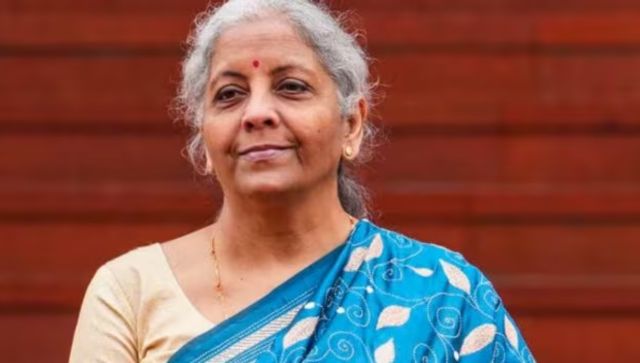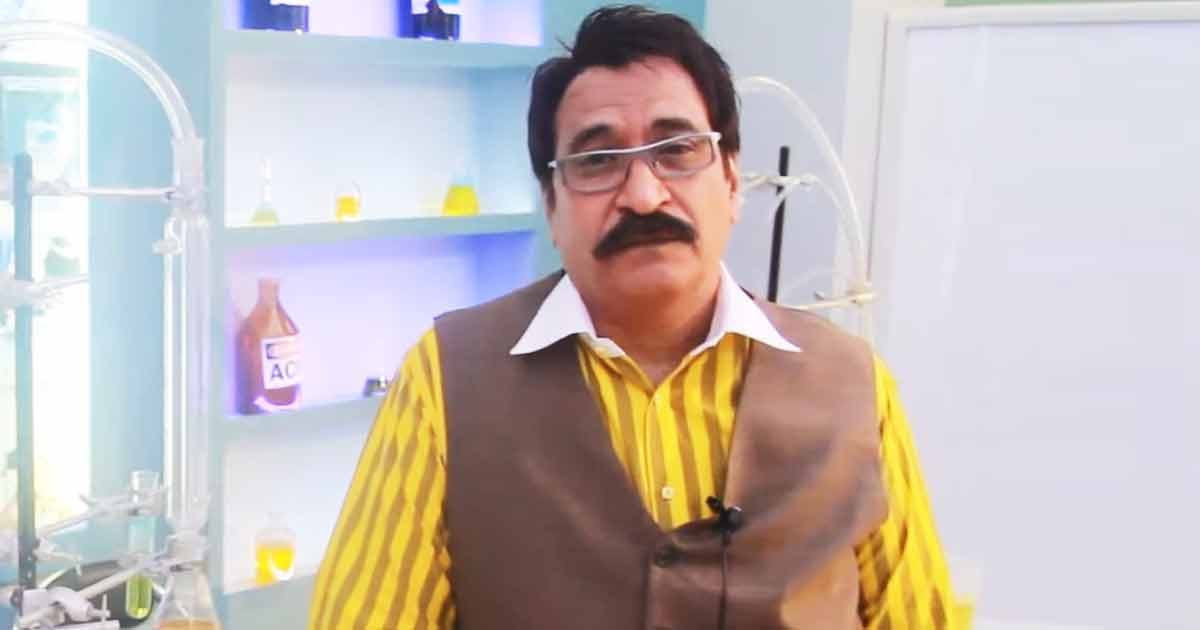Union Finance Minister Nirmala Sitharaman. PTI.
In the Interim Budget 2024, the Union finance minister has navigated the delicate balance between escalating social welfare expenditures and fiscal prudence. The government’s prioritization of social sectors reflects a commendable commitment to fulfilling foundational societal needs. Investments in education, healthcare, and welfare programs underscore a proactive stance toward socio-economic development. However, the true measure of success lies in sustained endeavors to ensure efficient execution and fair distribution. Key initiatives like “Housing for all” and empowering eight crore women through self-help groups signal a transformative agenda, aiming to foster women’s ownership in agricultural and non-agricultural ventures, thereby catalyzing inclusive growth.
The interim budget extends the scope of several welfare programmes, including multidimensional poverty targeting schemes, Pradhan Mantri Awas Yojna, Pradhan Mantri Kisan Samman Nidhi and Lakhpati Mahila Kisan Yojna, for another five years. While there is nominal growth in proposed BE 24/25 compared to RE estimates, fiscal consolidation progress is more substantial than expected by the industry and several economists, with a planned reduction in fiscal deficit to 5.1 per cent in 2024/25 from the current 5.8 per cent. The budget, however, leaves certain areas wanting, such as the shortfall in rural housing, the need for expansion in PM Kisan Samman Nidhi, and considerations for tenant farmers. The budget’s focus on MGNREGA remains the same, and the new scheme for urban dwellers requires higher outlays.
It is also welcome that the commitment for ‘net-zero’ by 2070 has been made in this budget. The measures mentioned were towards viability gap funding for harnessing offshore wind energy potential, coal gasification and liquefaction, phased mandatory blending of compressed biogas (CBG) in compressed natural gas (CNG) and piped natural gas (PNG) and financial assistance for procurement of biomass aggregation machinery. Further, the e-vehicle ecosystem is going to be strengthened by supporting manufacturing and charging infrastructure as well as the adoption of e-buses for public transport. A new scheme of bio-manufacturing will be launched to promote green growth by providing environmentally friendly alternatives such as biodegradable polymers, bioplastics, bio-pharmaceuticals, and bio-agri-inputs. As a follow-up to the PM’s announcement last month, the scheme is to install rooftop solar panels with a benefit of 300 units of free electricity per month for residents.
Given how climate change is already impacting communities in India – with the increased frequency and intensity of extreme climate events, including the heat wave that took place last year, affecting crop production, the budget stops short of providing a framework for climate-related loss and damage compensation. World Bank estimates that by 2030, India may account for 34 million of the projected 80 million global job losses from heat-stress-associated productivity decline, with more than 101 billion hours of work lost annually in rural and urban sectors. The Reserve Bank of India’s reports suggest that up to 4.5 per cent of India’s GDP could be at risk by 2030 owing to lost labour hours from extreme heat and humidity. In such circumstances, operationalising the loss and damage fund becomes crucial and budgetary allocations are, therefore, the need of the hour.
Related Articles

Interim Budget: A pleasant non-surprise

Union Budget: India needs to spend on Graphics Processing Units to compete in the AI world
Moreover, policies which recognise the role played by marginalised communities in protecting the environment and reducing the impacts of climate change were not touched upon by the FM in her budget speech. Expectations were high for new announcements on schemes introduced last year like the National Mission on Natural Farming, MISHTI – the Mangrove Initiative, Amrit Dharovar, GOBARdhan and PM-PRANAM.
It must be noted that, by tradition, grand schemes and policies are not often part of interim budget announcements. Therefore, what has been missed in this budget might be expected to be covered in the final budget after the elections. In the Finance Minister’s own words, the people of India are looking ahead with hope and optimism.
Moving forward, prioritising last-mile connectivity is crucial for inclusive development. The government’s focus on this imperative is timely and essential for realising the vision of a truly equitable society.
The author is Executive Director, ActionAid Association. Views expressed in the above piece are personal and solely that of the author. They do not necessarily reflect Firstpost’s views.
Read all the Latest News, Trending News, Cricket News, Bollywood News,
India News and Entertainment News here. Follow us on Facebook, Twitter and Instagram.







